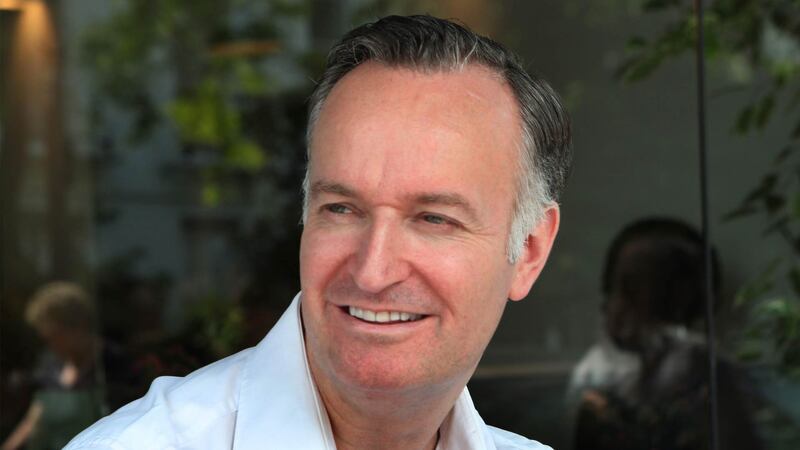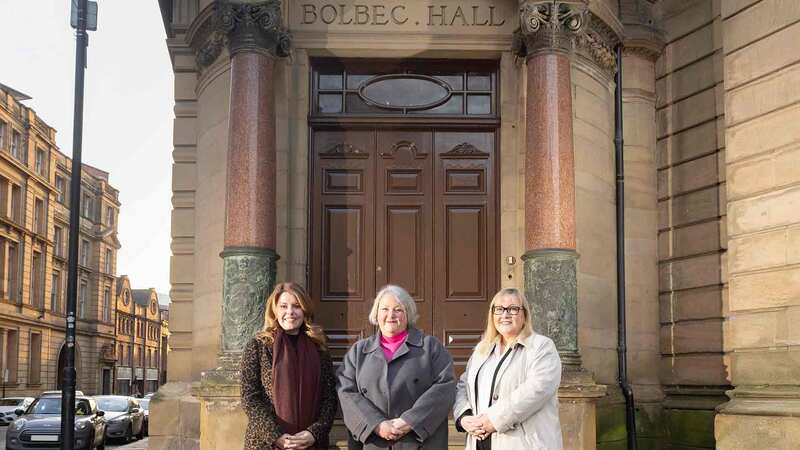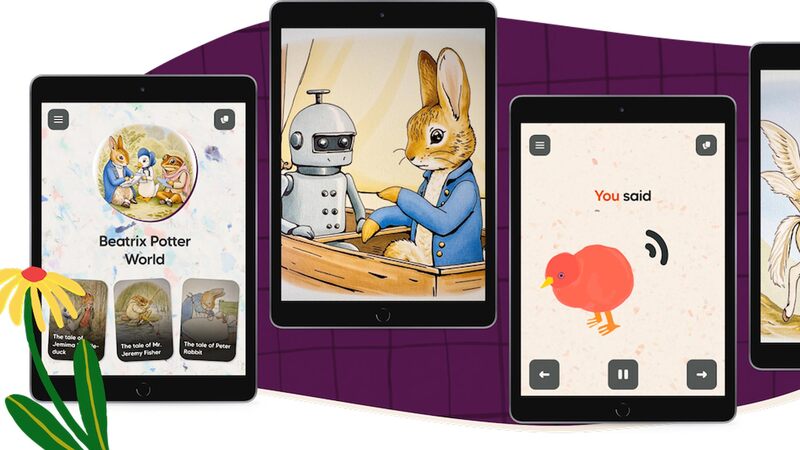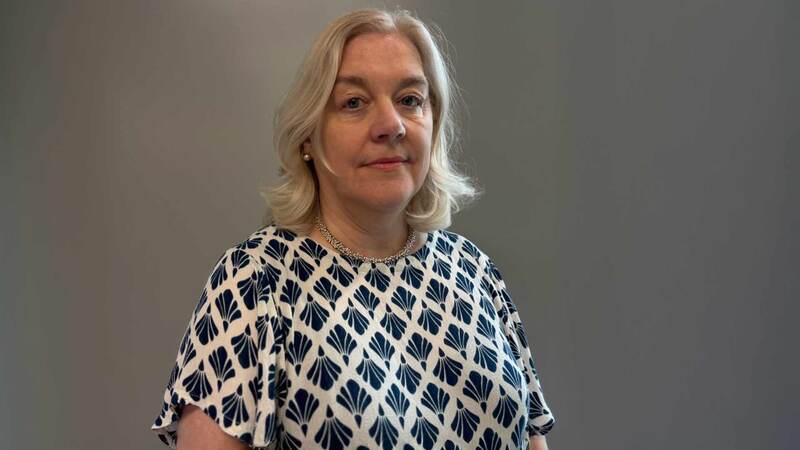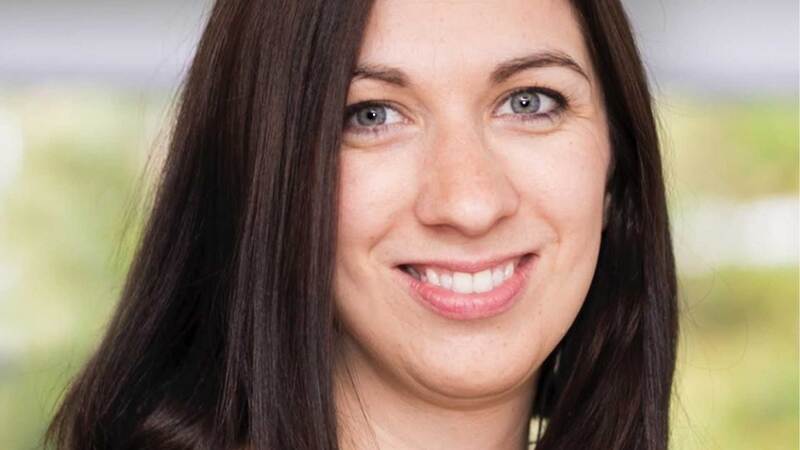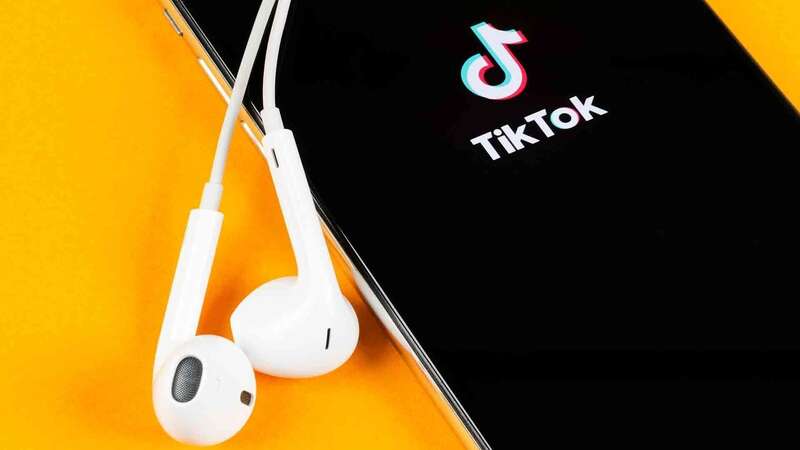You are viewing your 1 free article this month. Login to read more articles.
Changing the game
I can’t resist the pun: Hachette UK’s acquisition of mobile games company Neon Play could be a game-changer.
Book publishing businesses are not known for purchasing companies that don’t, erm, publish books, and when they go off-piste it generally ends in a pratfall. But Hachette UK’s purchase fits a pattern and strategy already outlined by both Hachette UK chief executive Tim Hely Hutchinson and Arnaud Nourry, c.e.o. of the parent group Hachette Livre. The pair recognise what others have long-remarked upon: that the mobile device in our pockets will reshape anyone and everyone in the media and entertainment businesses whatever their format of choice.
In his speech to the International Publishers Association Congress made earlier this year, Nourry said: “Isn’t it a paradox to be in an industry with no growth and to eschew the booming market of digital content consumed on tablets, be them serious games, fremium-based content sites or service providers."
When I interviewed him ahead of the move to Carmelite House, Hely Hutchinson said the group was banking on digital products to provide uplift at a time when its traditional business wasn’t “giving us much growth”. He said: “I’m looking forward to what the business will look like in five or 10 years’ time, and it will have an even bigger digital dimension than it does today.”
In fact, of all the publishing chief executives Hely Hutchinson has been the most upfront about the long term structural decline facing the traditional books business.
This week Hely Hutchinson told The Bookseller that he expected overall digital revenue from a trade and educational publisher to become “more like 50% digital” within the next five to 10 years, acknowledging that this was unlikely to come from the types of e-book we currently have on the market.
So is Neon an answer?
Hely Hutchinson calls it a “a substantial acquisition designed to lead to substantial revenues”, as a "serious first step” necessary for Hachette to make its business "more digital”. Hachette, at least, has already put a toe in this market, launching earlier this year a football-themed app based on the BAFTA-winning and multi-million selling game New Star Soccer. It has also launched a digital serial product, the Julian Fellowes-penned Belgravia which, whatever we may think about the outcomes, was that rare thing, of a big group taking this kind of new product seriously.
But there will be challenges.
Games aren’t books, and though there are some excellent narrative based games around, this incursion has largely come from games companies, not the other way round.
It is also difficult to see the overlaps. Synergy is a word no longer used within publishing, but it used to describe the putting together of different types of media businesses in order for them to feast off the same creative. Star Trek was perhaps the best example, with Simon & Schuster’s former parent Viacom owners of the franchise that produced the TV series and films, with S&S the print publisher. But this was a rare success. The idea is now generally received with lukewarm enthusiasm: even within the same corporate entity different tastes prevail, and rights are usually sold to the highest bidder (i.e. the company expressing the most interest in a product) not bestowed on a reluctant corporate cousin.
Neon Play will be run as a standalone business within Hachette UK’s federal structure, meaning that it is likely to be smart about what ‘synergies’ it pushes on either party. Hely Hutchinson said only “a relatively small number” of books will be turned into games - "no more than the number that get made into movies or TV programmes”. Nevertheless, there will still be plenty of authors, particularly on the children’s side, who may want to see their IP developed into games - and perhaps even vice versa. That is exciting.
The cultural fit will also be interesting. Check out the Neon Play website and you’ll see a business that looks unlike any publishing company I know. This might not be the kind of diversity many have called for, but it is different and it will bring with it a new type of energy and way of looking at the world. As Hely Hutchinson put it in the prepared press statement: “When we acquire companies we look for a good fit with Hachette: people who are passionate about what they do, whose vision for the future is aligned with ours and whose ideas and plans for growth are full of potential."
Hely Hutchinson said Neon would also undertake work on apps that have nothing to do with games, reporting to Richard Kitson, Hachette commercial director. Hely Hutchinson said: “I think the skills and knowledge they have at Neon Play will help us, for example with a cookery book app or an educational app that actually has nothing to do with games, so I see the acquisition as taking us several steps forward in various parallel relevant directions.”
This cultural exchange could almost be more important than anything actually produced. Somehow, the world of books needs to understand that there is an audience for creative content that might once have made books their first choice but which now picks up a mobile instead. That this no longer feels like an overnight threat has led some in the sector to believe that it is no threat at all. Go ride the Tube someday, you'll get a sense of how things are changing.
The challenge all book publishers face right now is how much to prepare for this possible future, while not distracting themselves from the reality of the day-to-day job. The sector has already tried a lot of stuff, and nearly everything has struggled to provide an imprint for what this tomorrow might look like. A publishing executive recently told me that the one thing they’d learned from a recent digital product launch was that the only way to monetise it was to make it into a book.
The Neon deal is about figuring out if one day there will be a second option.











